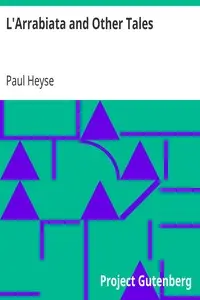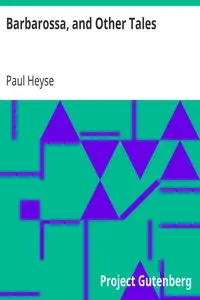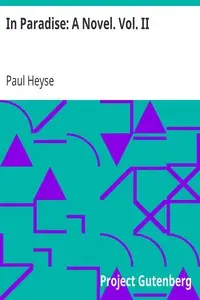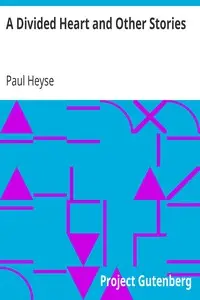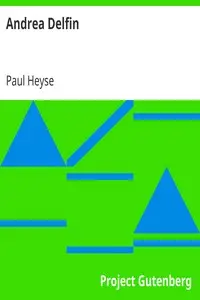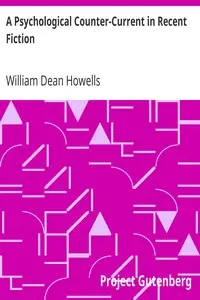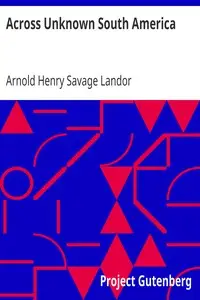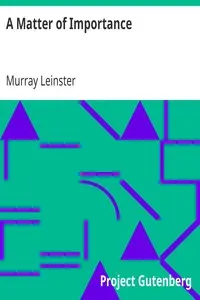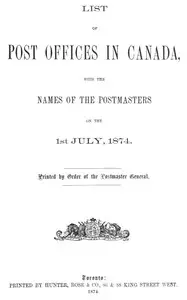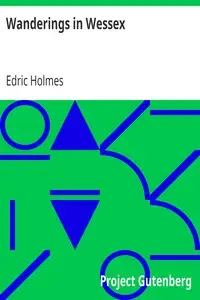"At the Ghost Hour. The House of the Unbelieving Thomas" by Paul Heyse is a fictional narrative written in the late 19th century. This book explores themes of superstition, societal change, and the supernatural in a provincial German town. Through its characters and setting, it reflects the tensions between old beliefs and new intellectual movements that characterized this period." In the story, the old house known as "The House of the Unbelieving Thomas," steeped in local superstition, becomes home to two women, Frau Cordula and her daughter Gundula, who are fleeing from societal prejudice and hardship. As they adapt to life in the haunted abode, their presence awakens a sense of wonder and curiosity among the townsfolk. The narrative unfolds as young doctor Philip reestablishes connections with his roots, ultimately forming a bond with Gundula. A tragedy occurs when the haunting house catches fire, leading Philip to rescue the two women, forging their fates together despite the stigma surrounding them. The ghosts that occupy the house represent the fears and misunderstandings of the living, particularly the prejudices against the "witches" attributed to the women. The resolution sees love conquer the challenges of class and societal expectations, illustrating the enduring power of connection amidst superstition and fear. (This is an automatically generated summary.)
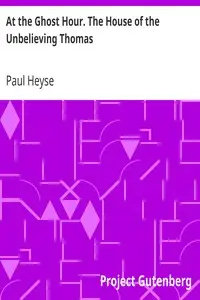
At the Ghost Hour. The House of the Unbelieving Thomas
By Paul Heyse
"At the Ghost Hour. The House of the Unbelieving Thomas" by Paul Heyse is a fictional narrative written in the late 19th century. This book explores t...
Paul Johann Ludwig von Heyse was a German writer and translator. A member of two important literary societies, the Tunnel über der Spree in Berlin and Die Krokodile in Munich, he wrote novels, poetry, 177 short stories, and about sixty dramas. The sum of Heyse's many and varied productions made him a dominant figure among German men of letters. He was awarded the 1910 Nobel Prize in Literature "as a tribute to the consummate artistry, permeated with idealism, which he has demonstrated during his long productive career as a lyric poet, dramatist, novelist and writer of world-renowned short stories." Wirsen, one of the Nobel judges, said that "Germany has not had a greater literary genius since Goethe." Heyse is the fifth oldest laureate in literature, after Alice Munro, Jaroslav Seifert, Theodor Mommsen and Doris Lessing.


